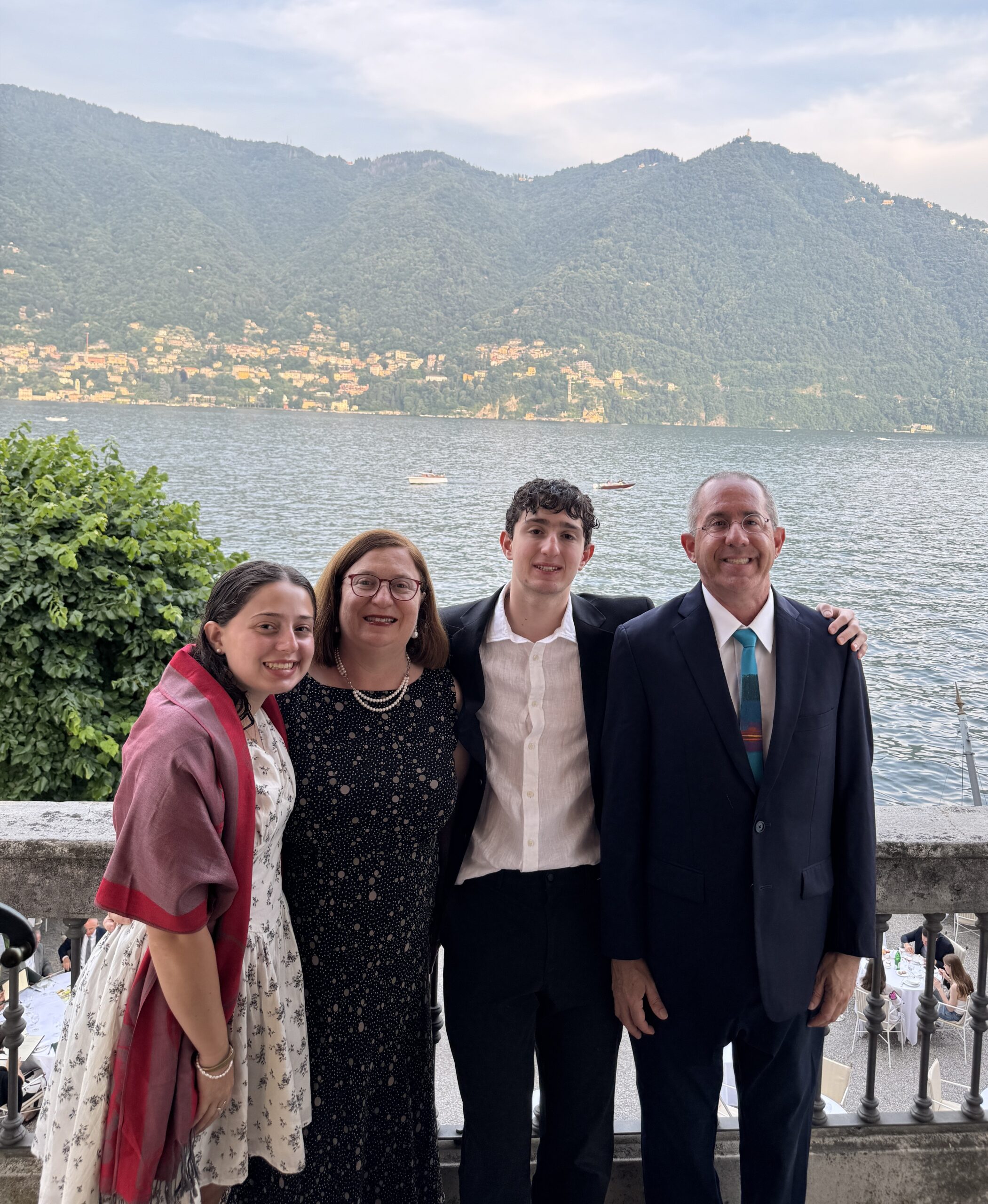This paper is probably in the category of Most Untimely Items I’ve Ever Written but it has been on the drawing board for some time and I see no reason to withhold it even though it has become a nonissue at this moment. Six months ago, it was a real issue and a few years from now it will be again.
I read a lot about the problem of Refugees, particularly as it relates to Palestinians. I read very little about proposed solutions and those up high who have thought up solutions seem to be keeping them a secret from the rest of us. I have spent time thinking about the issue with a focus on solutions. Here are some thoughts both on the topic of refugees in general and the problem of Palestine in particular. I don’t know that these ideas will go down well, but I have tried to come up with something fair to all sides and challenge you to come up with some others.
Were it that we could turn back the clock, claims for restitution arising from duress and dispossession would result in massive transfers of population and property. Nazism, communism, colonialism and ethnic warfare are examples of 20th century forceful dislocations that occurred on several continents with consequences in almost every country on the planet. Some dispossessions are of recent vintage; others with claimants still alive date back over half a century. Many victims are dead. Others cannot be restored to their original position because it is impractical and/or involves the eviction of a legal third-party transferee who paid value for title. Many perpetrators were from regimes that have been replaced (let alone states that no longer exist) or that were thrust upon an unwilling populace; restitution would come from people who had no ties to the original acts. The above reasons explain why I have for several years taken the position that too much responsibility is being directed at today’s Germany for the acts of companies, governments and citizens that are no longer recognizable for what they were. In addition, many refugees languish without political rights and monetary restitution will not make them whole. Solving this problem will never be possible to everyone’s satisfaction especially because of this last point.
If the Golden Rule applies, my conclusion is that each party should feel a sense of obligation toward anyone dispossessed of property by means of duress. The presumption is that no one willingly abandons valuable property without selling it for something approaching fair market value. A sticking point to settling old conflicts is the unwillingness to recognize such a presumption so as to evade responsibility for fear of financial liability and waiver of political rights. Nevertheless, most property cannot be valued as each case is unique and the valuation of property under changed circumstances is at best speculative. Reality requires above all a willingness to adapt to change and it is not for nothing that Darwin’s theory of natural survival stems from the fact that the fittest survive not out of strength but adaptability.
My recommendation is that all parties accept a moral obligation of restitution to parties dispossessed of property by means of duress and accept the idea that whoever was dispossessed became so under duress. To the extent sovereign entities will cooperate to compensate each other’s nationals who suffered dispossession in their former lands of residence, this should be done on a mutual basis. Otherwise, each country or a group of countries working together should make available funds and create initiatives to benefit people of the affected and surviving generations so as to provide indirect compensation. This could be coordinated through the United Nations if bilateral/multilateral arrangements are not feasible or prove to be unwieldy. So much for theory.
Now let’s get down to nuts and bolts. An important issue is how to compensate individuals as individuals when it is very difficult to find out exactly what was dispossessed 50 years ago and how to decide what value to pay for it 50 years later. Do you pay what land and its improvements as of 1948 are worth today or what it was worth 50 years ago with interest (which could alone be 7x the value)? Should a person get compensation for the benefits enjoyed by registered owners over the past 50 years? That will prejudice legitimate transferees for value who did not factor this liability into the purchase price or the price they set for others that they shared the property with. Should you deduct taxes for the past 50 years? Should you deduct the costs borne by the new owner of the past 50 years if you charge the new owner anything? If you compensate state to state, the states will trade dollars and it will be a wash. If you compensate as individuals, each state will have to pay individuals money it doesn’t have. If you simply assign each person a value based on a category, you will overcompensate and undercompensate people. There are no good answers here to any of these questions.
I think the solution should be based upon means-based compensation on an individual basis, and state to state compensation on a token basis. Meaning that if you are today poor because of what you lost back in 1948, you should receive direct compensation, probably on a per capita basis (the odds are you were poor to begin with if you are still poor 50 years later), and a few categories will probably cover most of the people in this class since there are not that many levels of poorness if you fit into that category in the first place. If you are not poor, you will get a token payment but the Palestinian state will also get a contribution in your name (and what this really means is that the wealthier class in all countries will trade dollars state to state because Arab States also have to compensate for the dispossessed Jews of 1948 – think of the two elderly men in Trading Places trading a dollar at the end of the film). This discriminates against people who succeeded but at least ensures that the number of cases will be manageable and that money will find its way to those who need it. Anyone who is still in need after all these years is probably the most unfortunate of all the players in this saga.
The more difficult problem is to resolve the nationality status of dispossessed refugees, something money cannot buy. This problem is particularly acute in the case of a refugee who has been dispossessed, lives in a country but is not welcome in that country such as Lebanon, has no right to go elsewhere, and has no viable option to return to his original home. This distinguishes Palestinians from Jews who survived the Holocaust; Jews all became citizens somewhere. My proposed solution is that unless an option exists for the purpose of accepting the refugee (ie: Palestine), the country from which the refugee was dispossessed must grant that person and his/her dependents “safe haven citizenship.” This means they must accept that person back on its territory with a clean slate (as a ward of the state for as long as that person reasonably cannot sustain himself) until such time that the person finds an alternate nationality or until such time as that person presents himself as a danger to the state, in which case he shall be punished accordingly but not deported. Such a requirement does not mean that a person is restored to the exact property that was dispossessed because that’s just not practical after 50 years on a wide basis and is unfair to legitimate transferees for value by legal means assuming that in most cases the person holding the property today is not the person who acquired it 50 years ago. A person holding “safe haven citizenship” shall not be entitled to vote or hold elected office but shall be permitted to pursue work, education and business of his choosing, to travel freely and be required to pay applicable taxes and perform services required of other citizens on an equal basis. The state may of course upgrade such citizenship if it wishes. The point here is that a person should not be stateless, the state which once dispossessed must care for the person and provide an opportunity to seek a lawful living, but such person should not be forced upon the state to the extent that he may affect the balance of forces within the state.
What this might mean in reality is that if there is no Palestinian state, Israel becomes host to a couple hundred thousand Palestinian refugees now populating Jordan, Syria and Lebanon. Under this paper, they don’t go to Jaffa but probably some development town in the Negev. But if Palestine exists, they do not need “safe haven” citizenship in Israel. The whole idea of the Palestinian state should be to take these people in, otherwise we are back at the beginning where Palestinians are looking to restore pre-1948 borders by other means. I should also believe that the Israelis would prefer this as well. What will Palestinians prefer? The issue of compensation will already have been dealt with so each of these people will be coming to Palestine with a bit of money that will go much further in Palestine than in Israel. They might think they will have a better life in Israel because the country is democratic and has a higher standard of living, but I am assuming that if such a plan is ever implemented in the first place, the Palestinian state will have evolved into a type of entity Arabs want to live in.
The real dilemma is that if a Palestinian state exists and there is no need for safe haven, then in essence the Palestinians have no choice but to live in Palestine. This means no real right of return and the choice is illusory. What if Palestine sucks? I think there is a fair answer here – in 1948, Israel sucked but Jews had no choice. It was not very democratic; there was plenty of corruption, and Ben Gurion ran off with whatever he could get away with in terms of a country because nobody was giving it to him. Would that Arafat and the people around him act similarly, Palestine today would be a reality. If Palestine becomes truly an independent country and not just a governorship under Israel, it is up to Palestinians to make it work and not look to Israel to carry it along just as Israel didn’t get any help from Transjordan post-1948. They will have the same deal the Jews had in 1948, to go to their homeland and give up the idea that they will live in pre-1948 Israel, just as Jews were forced out of any one of 22 countries at the time. One other point: What’s the big deal if Israel absorbs a couple hundred thousand people? They did it with Russians, right? Israel did absorb a bunch of Russians but these were mainly people who work and are educated; they should not be stuck with a couple hundred thousand refugees if Palestine is around to take them unless someone else wants to pay the bill for this.
The only category not dealt with here is the person who has money and for some reason hasn’t found nationality; I would expect that such a person will be accepted for citizenship by the Palestinian state or by other states once the issue has been depoliticized. Some of these people might even be welcomed with Israeli citizenship because they can pay their way. Finally, a separate category under Family Reunification should be created; presumably about 100,000 people would be permitted into Israel (or other countries that might be more relevant to their specific case) to take care of unifying families. This should not be a big deal for anyone especially if the number is staggered over a period of 5-10 years.





